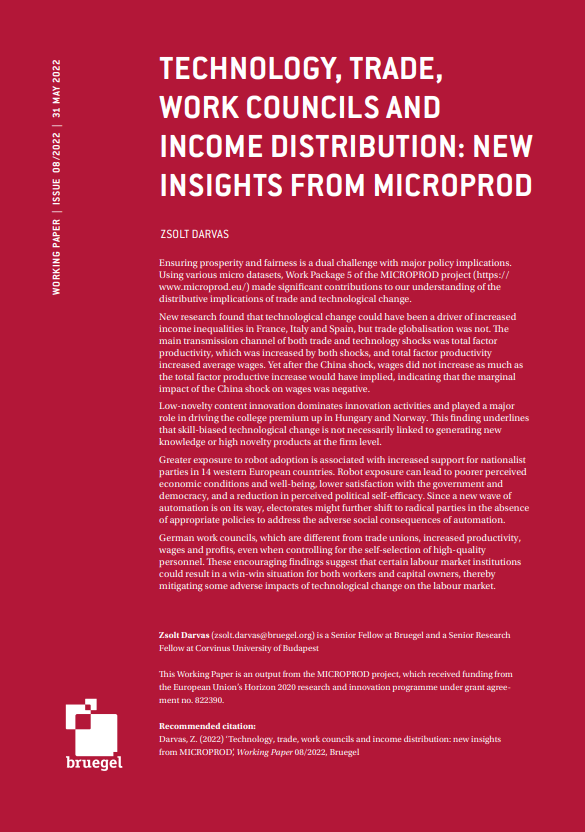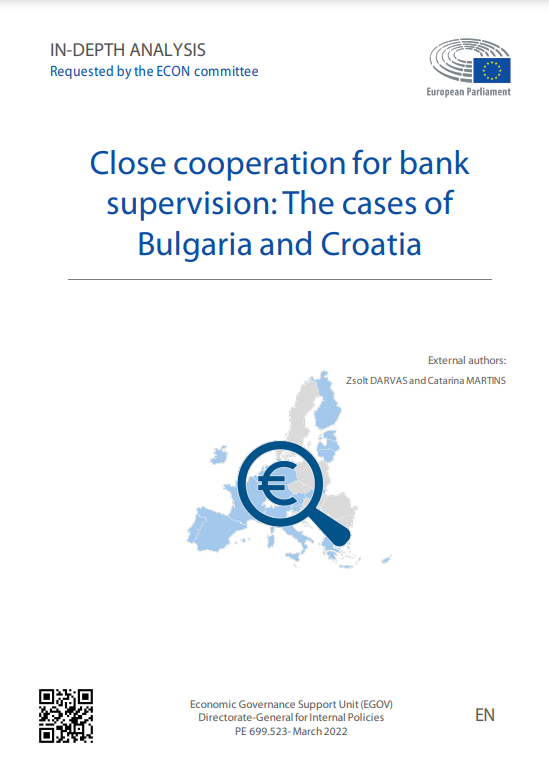Scholars

Zsolt Darvas
Senior Fellow
Expertise: Macroeconomics, central banking and time series analysis. CV: Download CV Twitter: @ZsoltDarvas
Zsolt Darvas, a Hungarian citizen, joined Bruegel as a Visiting Fellow in September 2008 and continued his work at Bruegel as a Research Fellow from January 2009, before being appointed Senior Fellow from September 2013. He is also a Senior Research Fellow at the Corvinus University of Budapest.
From 2005 to 2008, he was the Research Advisor of the Argenta Financial Research Group in Budapest. Before that, he worked at the research unit of the Central Bank of Hungary (1994-2005) where he served as Deputy Head.
Zsolt holds a Ph.D. in Economics from Corvinus University of Budapest where he teaches courses in Econometrics but also at other institutions since 1994. His research interests include macroeconomics, international economics, central banking and time series analysis.




